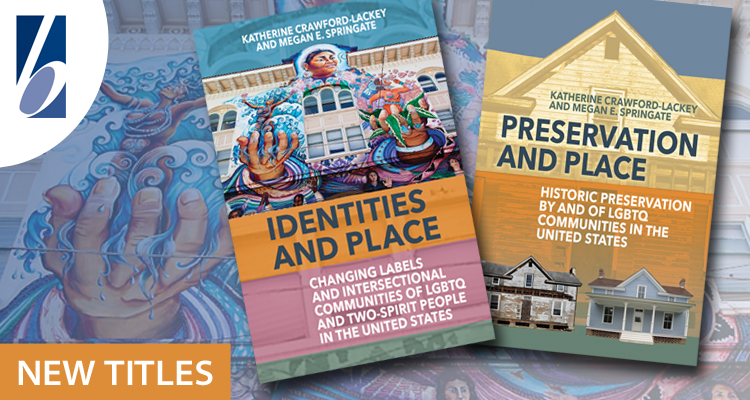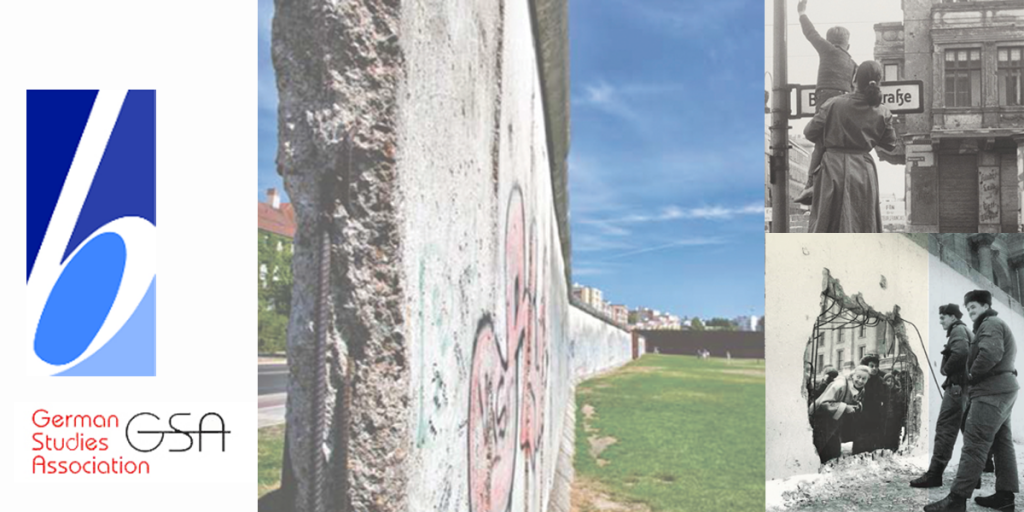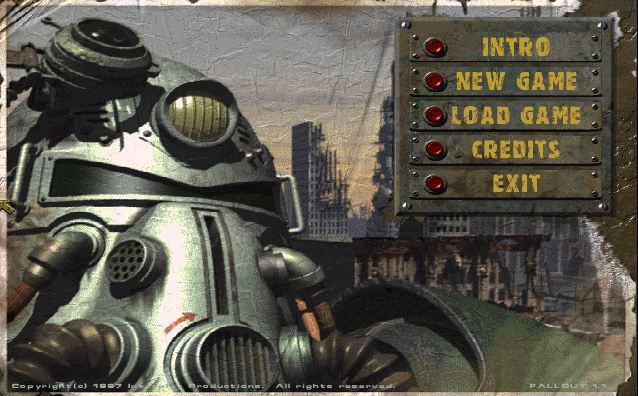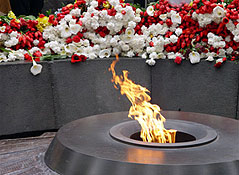
This issue marks the beginning of the fifty-first year of publication of the journal, something to be registered with a degree of pride and not a little wonder. We have been served over this time with a remarkable series of editors, beginning with our founding editor Rabbi Dr Ignaz Maybaum z’l (1897-1976). In those early years the direction of the journal was led by Rabbi Michael Goulston z’l (1931-1972) as Managing Editor before his tragic early death. His vision for the journal is well expressed in his words:
Despite numerical depletion, the dangers of destructive assimilation, and the alienation of many in the wake of the European catastrophe, a Jewry with a will to independent existence has a future. We already possess enough intellectual and spiritual strength to achieve a great deal if we can focus it and give it a clear direction. For there can be no successor to the great European heritage except a reborn European Judaism itself.[i]
He was succeeded as Managing Editor by Anthony Rudolf (1972-1975) who shared Michael’s European vision and, as a poet, translator and critic, brought literary and political dimensions to the journal. We open this issue with his memoir of those early days. Rabbi Marcel Marcus (1976-1978) succeeded him and in an early ‘personal view’ noted the journal’s understandable preoccupation with the Holocaust, but that now ‘a new generation has arisen. A generation which does not know the Holocaust, but only knows of the Holocaust.’ He invited authors of the ‘new generation’ – ‘it is time for us, having established, to look into the future’.[ii] Continue reading “European Judaism at 50” →





 In Paperback
In Paperback April 24 marks the 103rd anniversary of the Armenian Genocide. Armenian Genocide Remembrance Day is held annually to recognize and mourn more than 1.5 million victims of the Armenian Genocide, the most tragic element of Armenian history.
April 24 marks the 103rd anniversary of the Armenian Genocide. Armenian Genocide Remembrance Day is held annually to recognize and mourn more than 1.5 million victims of the Armenian Genocide, the most tragic element of Armenian history.
